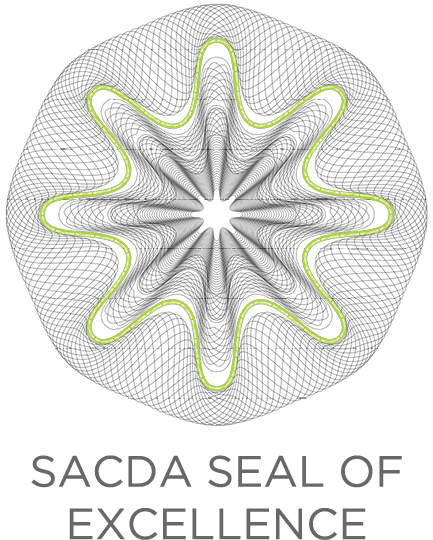Original Research
Increasing graduates’ employability skills through rational emotive career coaching
Submitted: 05 October 2023 | Published: 27 May 2024
About the author(s)
Mkpoikanke S. Otu, Department of Educational Psychology, Faculty of Education, University of Johannesburg, Johannesburg, South AfricaMaximus M. Sefotho, Department of Educational Psychology, Faculty of Education, University of Johannesburg, Johannesburg, South Africa
Abstract
Background: The high level of non-employability among graduates could be attributed to insufficient career coaching programmes in higher education institutions.
Objectives: This study examined whether rational emotive career coaching (RECC) increases graduates’ employability skills. The study also explored the effect of RECC on acquiring employability skills by gender.
Methods: A group-randomised trial (GRT) design was used to examine the outcomes of a training programme in Enugu State aimed at improving career beliefs and employability skills. A total of 158 participants were randomised into either the control or treatment groups. The Career Belief Patterns Scale, Version 2, and the Employability Skills Acquisition Scale (ESAS) were used to collect data. A pretest was administered during the first week, followed by a post-test after the eighth week, followed by a follow-up one month after the intervention ended. Data were analysed using multivariate analysis of covariance (MANCOVA).
Results: According to the results obtained, participants in the RECC intervention acquired significant employability skills. Graduates’ employability skills acquisition does not appear to be affected by gender and treatments.
Conclusion: This study concludes that RECC enhances graduates’ employability skills effectively. Graduating students who acquire the skills to identify and dispute their irrational beliefs are empowered to make informed career choices and acquire skills that are highly valued today.
Contribution: This article contributes to the growing body of research supporting rational emotive coaching as a valuable intervention for graduates seeking a competitive edge in the job market.
Keywords
Sustainable Development Goal
Metrics
Total abstract views: 436Total article views: 311
